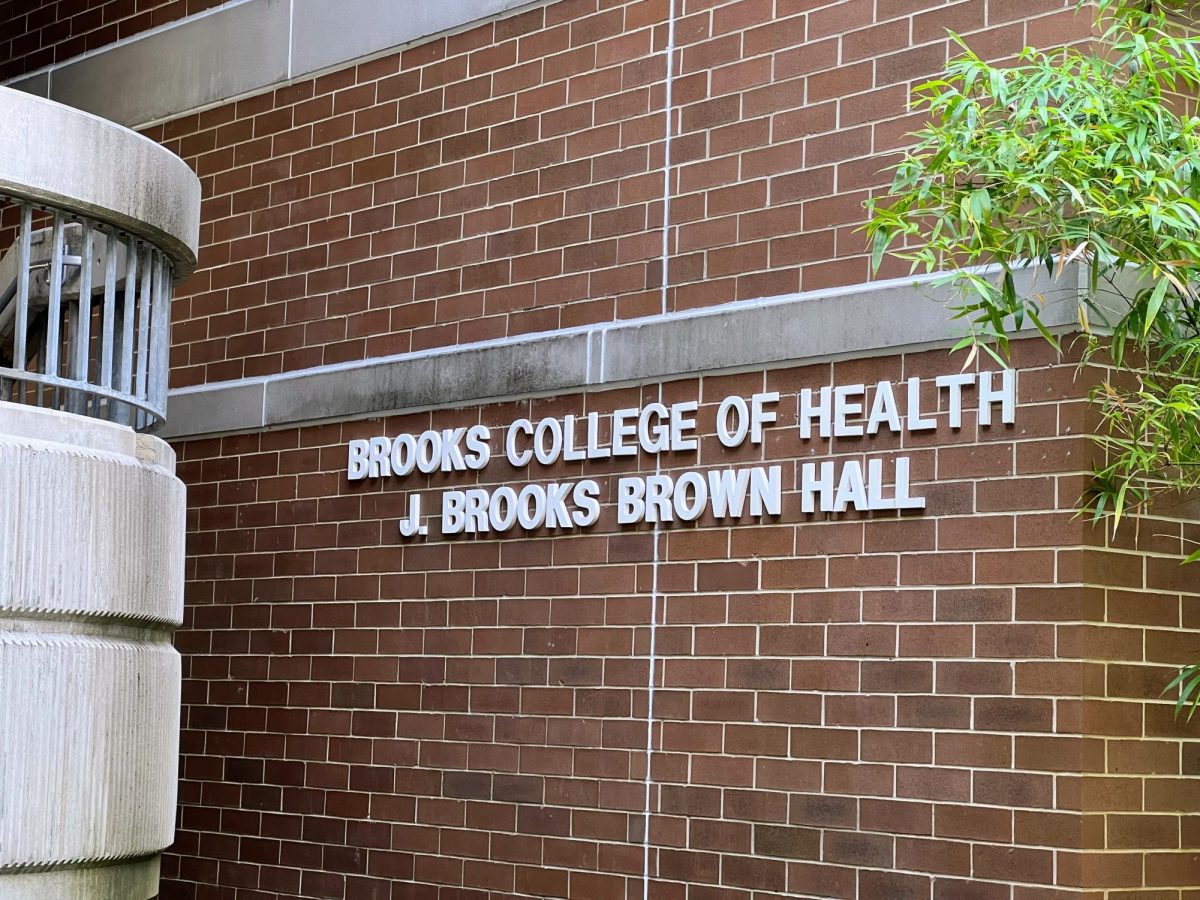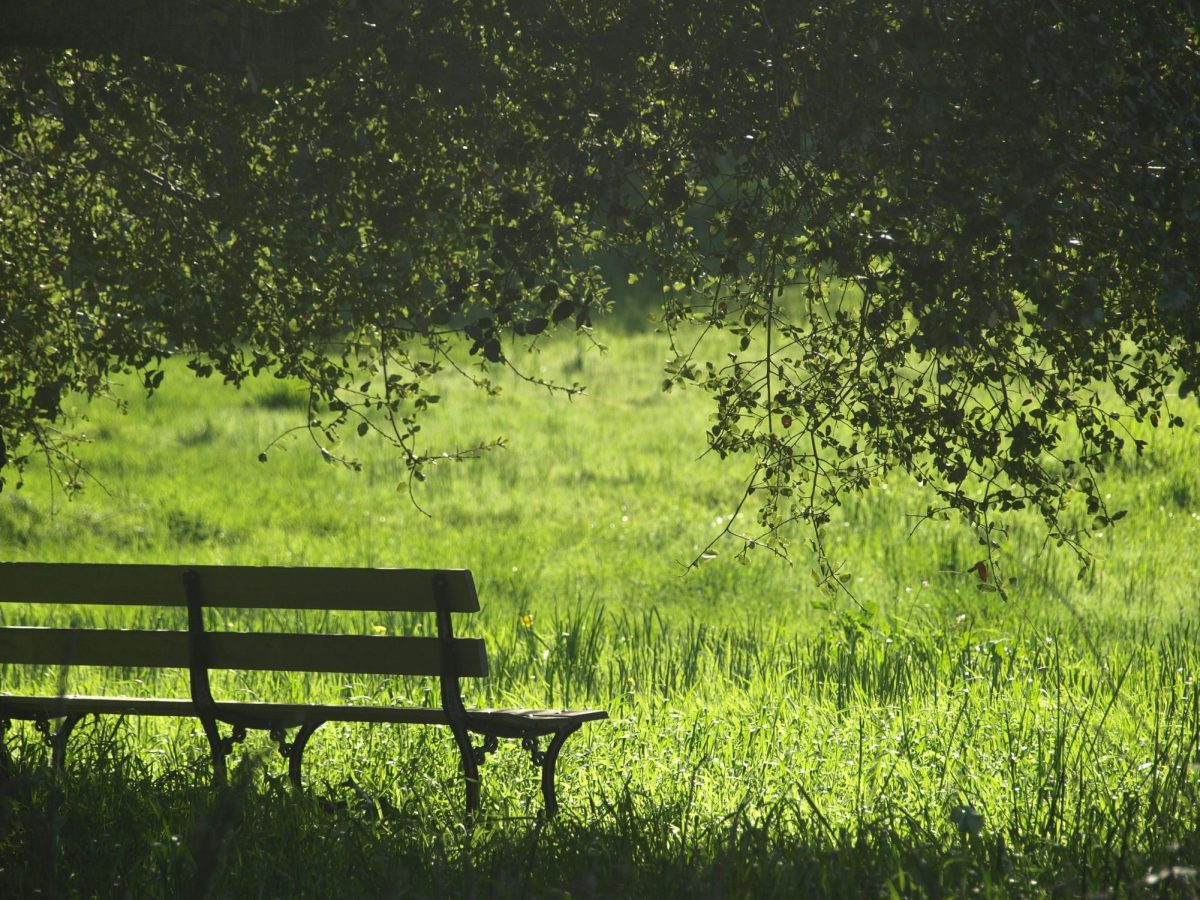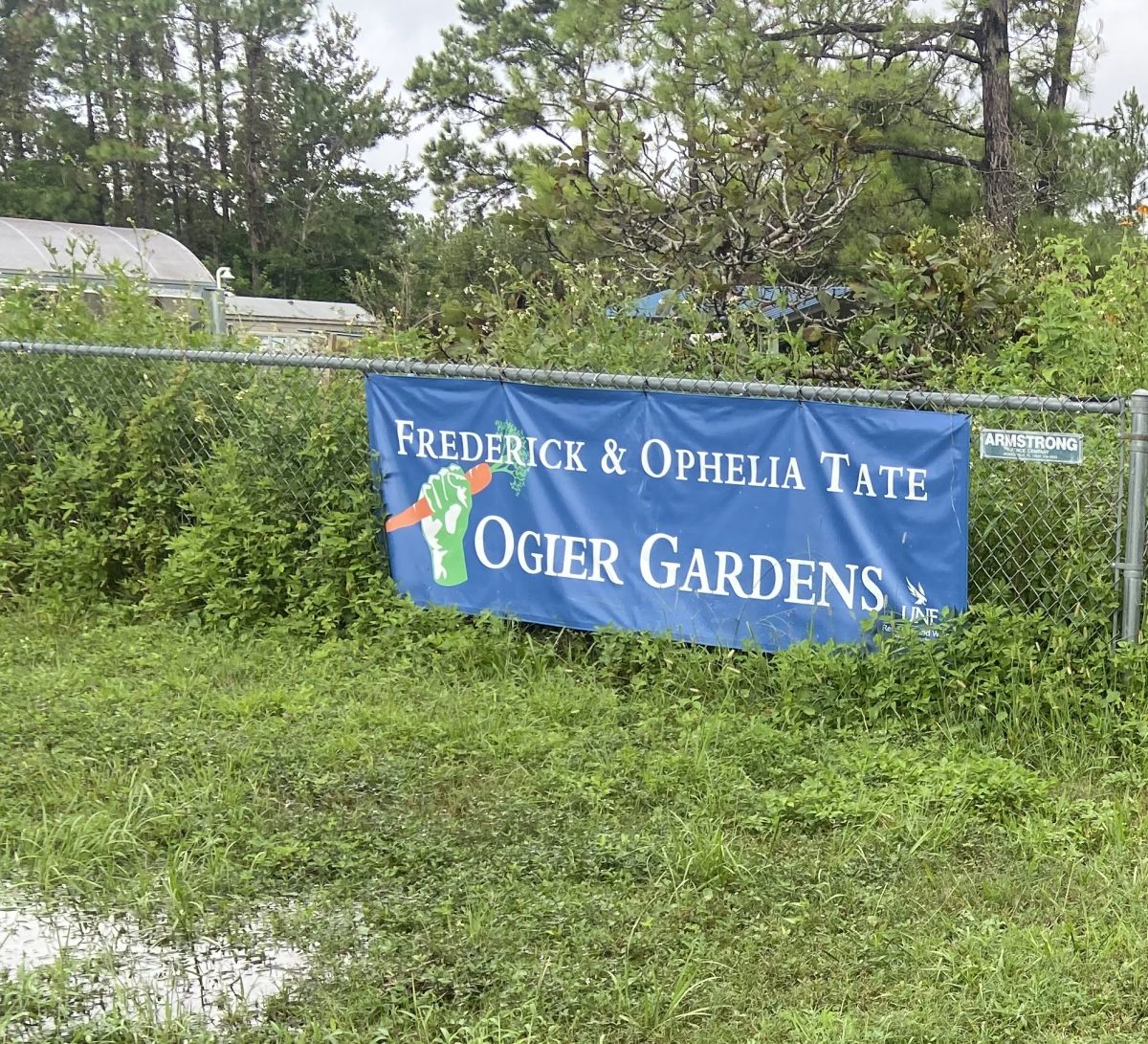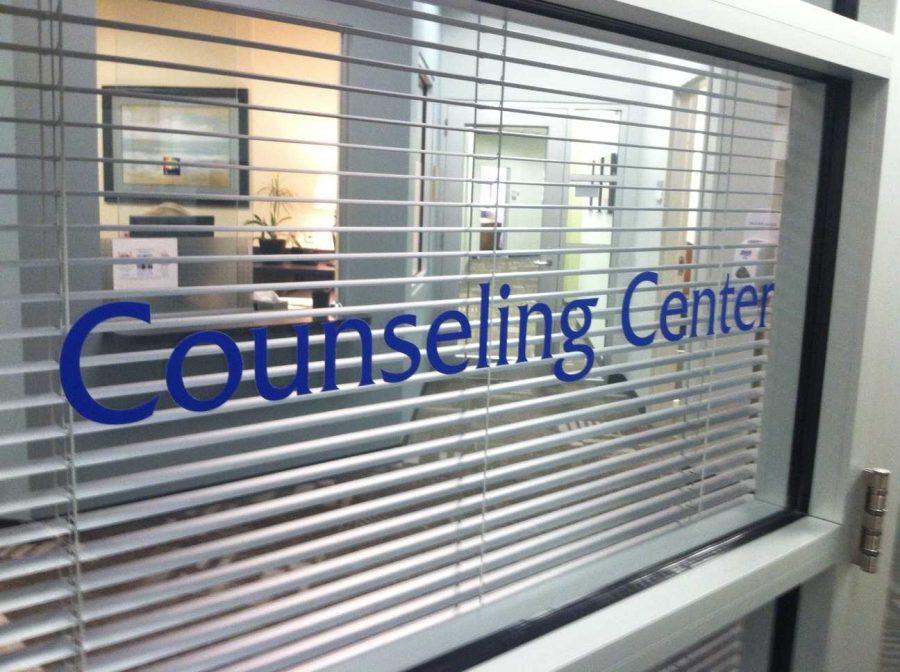Retired UNF journalism professor Dr. Paula Horvath was diagnosed with COVID-19 at the end of March. Despite living with several risk factors associated with the disease, Dr. Horvath described her symptoms as mild to moderate and did her part in self-isolating as she recovered.
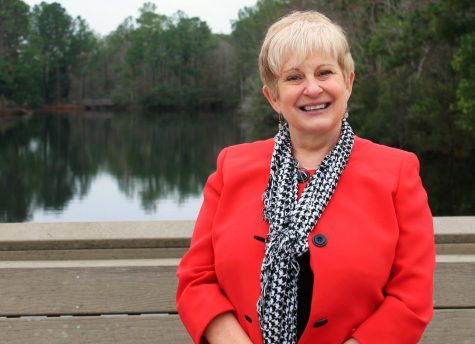
“I didn’t have any of the normal symptoms. I didn’t have a fever, I didn’t have a dry cough,” Horvath said. “I had almost like upper respiratory kinds of stuff, and gastrointestinal stuff, extreme fatigue. But because I have a couple of the risk factors – I have coronary artery disease, and diabetes, and I’m over 65 – I decided I would go in and get tested.”
Horvath underwent testing and, after nine days, received news of her diagnosis. Although the testing process doesn’t seem like the most pleasant ordeal, Dr. Horvath insists the process is quick and easy.
“It’s a little uncomfortable, I have to admit,” Horvath said. “I mean, they do take like a very skinny, very long Q-tip and stick it up your nose, but it only takes a couple seconds and that’s it.”
Dr. Horvath, who now lives in Indianapolis, said she doesn’t know exactly where she contracted COVID-19, but she was traveling within the United States just as the disease was labeled a pandemic by the World Health Organization.
“I went to visit my younger son, who is also a UNF graduate, in Denver and it was during that week when everything was blowing up,” Horvath said. “A couple of days after I got there, the World Health Organization said, ‘Oh this is a pandemic,’ and I thought I’d better go home. So I flew back to Chicago actually, and then drove to Indianapolis. So who knows where I got it? I mean I could have got it on an airplane, I could have gotten it in the airport, I could have gotten it in the restaurants or someplace else in Denver because they weren’t closed yet.”
Horvath did the responsible thing and self-quarantined after realizing the scope and spread of the disease. She insists that while it’s important for the general population to practice social distancing, it’s especially important for young people to stay home to avoid spreading the disease further than it already has.
“From the minute I thought I might have it, I was really self-isolating,” Horvath said. “Because that’s what we’ve got to do. That’s the whole idea. We have to stop the spread of this, even if we don’t have terrible symptoms.”
Dr. Horvath has been self-quarantining on her own – with her cat – but she still spends a lot of her isolation on social media, maintaining her social life with friends, family, and former students. She said that keeping in contact with people and keeping up with social media was the most important thing for her while she remained in quarantine, adding that everyone should try to reach out to people they know are in isolation. Horvath has been using an app called Dialup to connect with people across the world that share similar interests with her.
“It has functionality that you can connect with people who are reading similar books, or like to travel, or do all sorts of things,” Horvath said. “But it has this one functionality that’s called Quarantine Chat and what it does is it connects you with somebody in the world – could be in Mexico, could be in Germany, could be in New York City – once a day, and you can talk about your experiences. That has been wonderful. Wonderful and eye-opening, and I’ve talked with people from college students to older people, all over the world. It’s been amazing.”
Dr. Horvath’s experience with coronavirus might not have been typical, but she still took all the necessary precautions to try and keep herself and her community safe at the first sign of the disease. Horvath said that despite the negative news surrounding COVID-19 and the serious implications of the disease, she wants people to have hope that we can get through this crisis, so long as people continue to practice social distancing guidelines and self-isolation.
__
For more information or news tips, or if you see an error in this story or have any compliments or concerns, contact editor@unfspinnaker.com.




